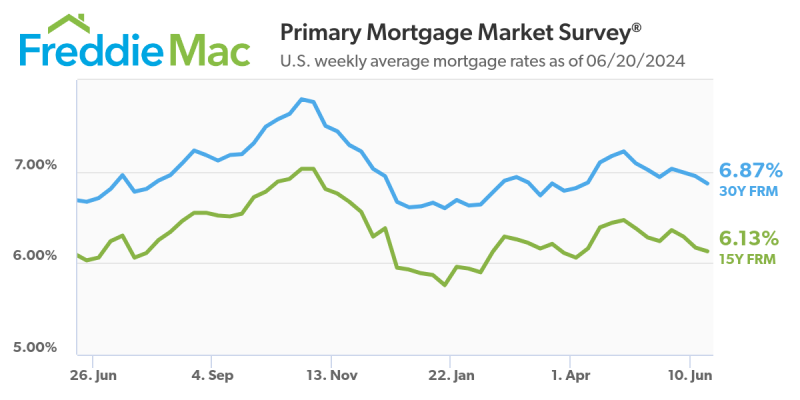
CFPB Proposes To Ban Medical Debt From Credit Reports

CFPB expects the rule would allow 22,000 additional mortgages to be approved every year.
The Consumer Financial Protection Bureau (CFPB) proposed a rule, June 11, that would remove medical bills from most credit reports in an effort to increase privacy protections, credit scores, and loan approvals. The rule would also prevent debt collectors from using the credit reporting system to coerce people to pay.
As part of the CFPB’s efforts to address the burden of medical debt and coercive credit reporting practices, the rule would stop credit reporting companies from sharing medical debts with lenders and prohibit lenders from making lending decisions based on medical information.
"The CFPB is seeking to end the senseless practice of weaponizing the credit reporting system to coerce patients into paying medical bills that they do not owe,” said CFPB Director Rohit Chopra. "Medical bills on credit reports too often are inaccurate and have little to no predictive value when it comes to repaying other loans."
The CFPB stated in a press release that a regulatory loophole has kept vast amounts of medical debt information in the credit reporting system, unjustly damaging credit scores, allowing debt collectors to coerce payments for inaccurate or false medical bills.
The CFPB’s research shows that a medical bill on a person’s credit report is not a good predictor of whether they will repay a loan. In fact, the CFPB’s analysis shows that medical debts penalize consumers by making underwriting decisions less accurate and leading to thousands of denied applications on mortgages that consumers would repay. Since these are loans people will repay, the CFPB expects lenders will also benefit from improved underwriting and increased volume of safe loan approvals.
In terms of mortgages, the CFPB expects the proposed rule would lead to the approval of approximately 22,000 additional, safe mortgages every year.
In December 2014, the CFPB released a report showing that medical debts provide less predictive value to lenders than other debts on credit reports. In March 2022, another CFPB report estimated that medical bills made up $88 billion of reported debts on credit reports.
After the March 2022 report, the big three credit reporting agencies — Equifax, Experian, and TransUnion – announced that they would take many of those bills off credit reports, while FICO and VantageScore, the two major credit scoring companies, have decreased the degree that medical bills impact a consumer’s score.
Still, 15 million Americans still have $49 billion in outstanding medical bills in collections appearing in the credit reporting system. The complex nature of medical billing, insurance coverage and reimbursement, and collections means that medical debts that continue to be reported are often inaccurate or inflated. Additionally, the changes by FICO and VantageScore have not eliminated the credit score difference between people with and without medical debt on their credit reports. The CFPB expects that Americans with medical debt on their credit reports will see their credit scores rise by 20 points, on average, if today’s proposed rule is finalized.




